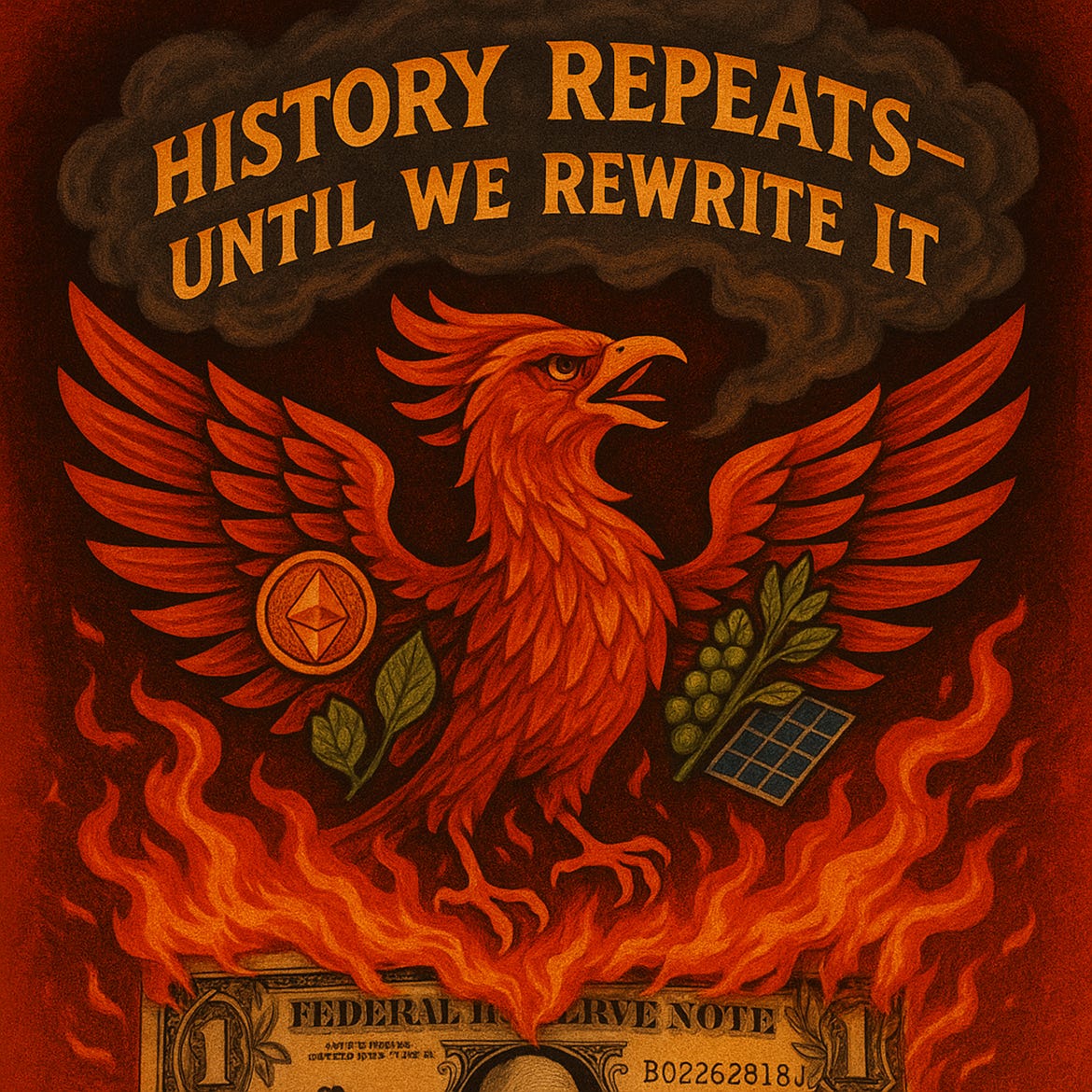The Globalists Want You Powerless and Hungry
Connecting the dots between energy policy, food control, and technocracy.
Have you ever noticed how major world events seem to follow a script? A sudden economic collapse here, a pandemic there, a war that “no one saw coming”—it’s almost too perfect. Coincidences pile up until they stop feeling random. Three different countries pass identical surveillance laws in the same week. A handful of media conglomerates push the same h…


